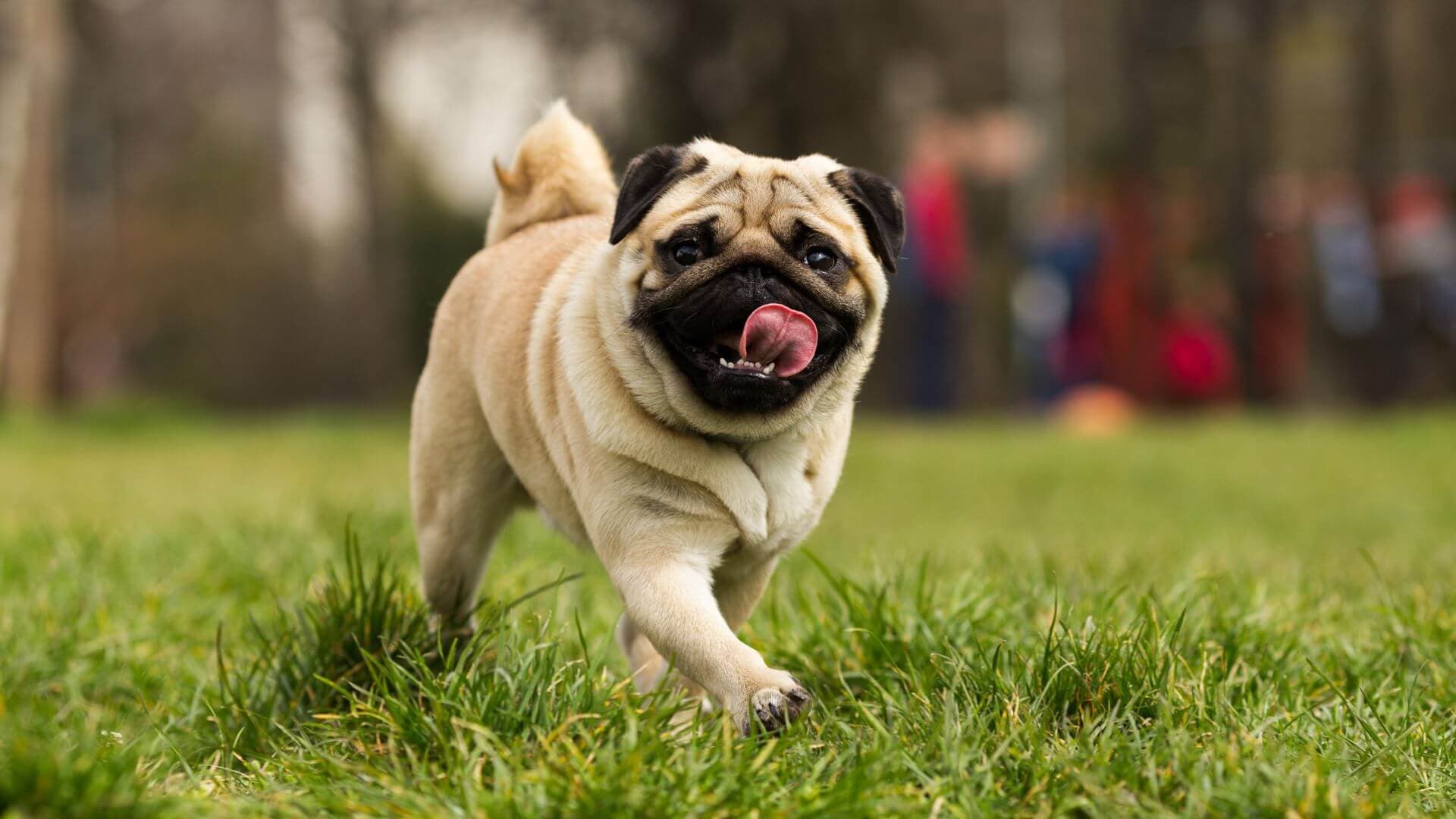
Welcome endless charm, devoted love, and daily laughter into your home. Find your perfect Pug from caring, knowledgeable breeders.
Discover the magic that makes Pugs irresistible companions
Size: Small
14-18 lbs, compact and sturdy
Height
10-13 inches at shoulder
Lifespan
12-15 years of cherished memories
Temperament
Charming, mischievous, loving, sociable
Every Pug brings a unique blend of charm and companionship. Their special care needs create deeper bonds and daily opportunities to show love.
Clownish charm and endless entertainment, bringing daily laughter and joy to every home.
Gentle with children, friendly with everyone, creating bonds that last a lifetime.
Shadow dogs who follow you everywhere, offering unwavering loyalty and love.
Perfect size for any living space, thriving in comfortable indoor environments.
Choose the perfect Pug companion for your family's unique journey
Charming companions ready to bring endless joy to your home
Factors:
Exceptional Pugs representing the best of the breed
Factors:
Distinguished Pugs with unique colors and superior genetics
Factors:
Your investment in a well-bred Pug from a caring breeder means a lifetime of laughter, love, and unforgettable memories. Quality breeders invest in health testing, proper care education, and ongoing support - giving your puppy the best possible start for a long, joyful life together. The special bond you'll form through their unique care needs creates a connection unlike any other.
Browse charming Pug puppies and dogs from health-focused sellers

Pug

Pug

Pug

Pug

Pug

Pug

Pug

Pug
Health considerations at different life stages
Essential steps to ensure your perfect match and lifetime of happiness
Health & Wellness
"What wellness protocols do you follow for your Pugs?"
Parent History
"Can I meet both parents and see their health clearances?"
Support System
"What ongoing support do you provide to puppy families?"
Care Education
"Can you teach me about Pug-specific care needs?"
Planning for a lifetime of love, laughter, and cherished memories
Every moment with your Pug is an investment in joy. The special care they need creates deeper bonds and daily opportunities to show love. Smart planning with pet insurance, regular wellness care, and a comfortable home environment ensures your companion thrives. The memories you'll create together - from silly antics to quiet cuddles - are treasures beyond any price tag.
Real stories from dog owners who found perfect homes on Petmeetly
The lady who previously bought a dog from me called and found out I had Pearl. Thank you for listing her. I had also listed Blue earlier and sold him. She then posted Pearl for me, so everything worked out perfectly. Thanks again. If I have puppies in the future, I’ll definitely use your platform
Dana
Virginia, US
It was great! Max has found a new home now, thanks to Jamie.

Harry Musgrave
Kentucky, US
Yes, everything is fine. Everything went just great! I sold both pups but kept the smallest for myself this year. Everyone, meet Mr. Franklin! He was just too small to sell, and I got attached real quick… lol

Harry Musgrave
Kentucky, US
Get answers to common questions about buying Pugs responsibly
Your investment in a Pug companion ranges from $1,200-$5,000. Family companions: $1,200-$2,500 for wonderful household pets. Show quality: $2,500-$4,500 for exceptional examples of the breed. Rare colors: $2,000-$5,000 for distinctive beauties. Quality breeders invest in health testing and specialized care knowledge to give your puppy the best start in life.
Pugs thrive with specialized care that includes climate-controlled comfort, moderate exercise routines, and proactive wellness management. Their unique facial structure means they do best in temperature-controlled environments and benefit from regular wellness checks. Many Pug owners find the special care creates an even deeper bond with their charming companions.
Pugs enjoy comfortable ground travel adventures! Road trips with climate-controlled vehicles allow for regular breaks and ensure your Pug's comfort. Many Pug families love creating special travel setups with cooling mats and comfortable carriers, making every journey a bonding experience. Ground travel lets you control the environment for maximum comfort.
Pugs are legendary for their charming, clownish personalities that bring endless joy to families! Their gentle nature makes them wonderful with children, while their moderate exercise needs suit various lifestyles. Families who provide climate-controlled comfort and embrace their special care needs are rewarded with unwavering devotion, constant entertainment, and a love that knows no bounds.
Discover puppies and dogs for sale from various breeds and find your perfect companion
Connect with caring breeders who celebrate the charm, personality, and special bond of Pugs